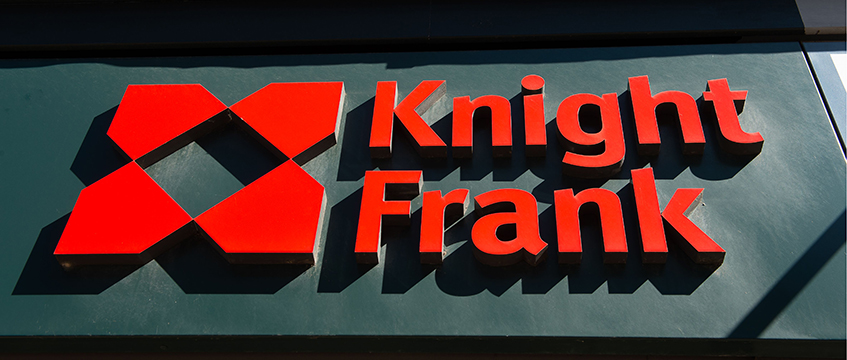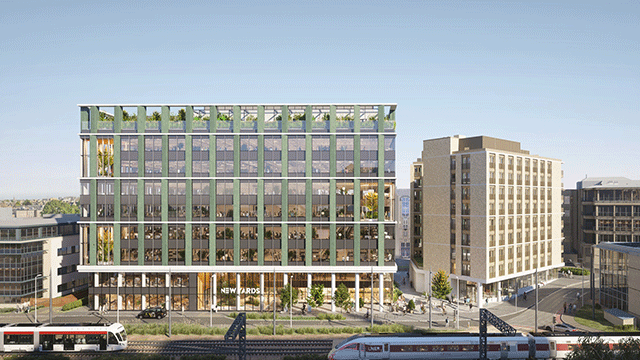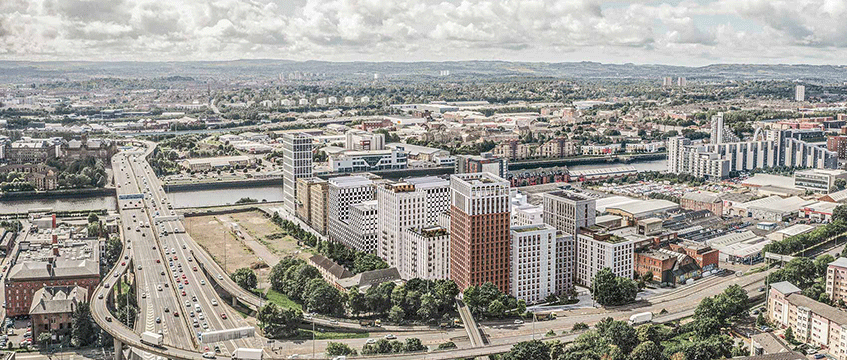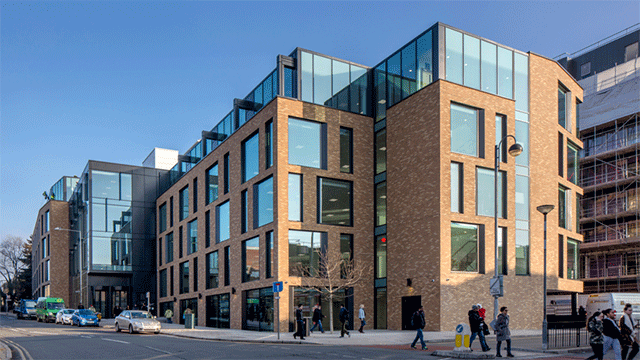Up to £3bn of investment in the Scottish build-to-rent market is at risk amid growing uncertainty over the county’s housing policy, the Scottish Property Federation has warned.
SPF director David Melhuish said the Scottish Housing Bill proposed earlier this week will be a “disappointment” to those seeking to build rental homes in Scotland. The bill proposes long-term rent controls for private tenancies, new rights to keep pets, rights to decorate rented homes and stronger protection against eviction.
Melhuish said: “Should the legislation be approved by the Scottish parliament unamended, we risk repeating the damaging effects of the emergency rent freeze legislation passed in 2022 when investment for Scottish rental housing was frozen, deterred or diverted to projects outside of Scotland.
“We estimate that there is currently between £2.5bn and £3bn of investment now at risk that could deliver quality new homes for rent in Scotland.”
He added: “Investors in the new, modern build-to-rent sector – which brings high standards of property management and offers greater flexibility to tenants, in line with many of the government’s objectives – will remain uncertain of what the future rent control system will look like until potentially late 2026.”
A spokesperson for the Association for Rental Living – previously the UK Apartment Association – said some £2.5bn of investment would now be “at risk”, adding: “It is not a housing delivery bill but a tenants’ rights bill. Seeking to control rents misses the point. We need to massively increase housing supply to reduce the pressure on rent levels – it is a supply-and-demand issue. We are simply not constructing an adequate number of homes to rent for our growing needs.
“In principle, the ARL opposes rent cap in any form. Such controls lower investor confidence and inhibit the ability to deliver customer, community and investor value. Institutional investors in build-to-rent invest for the long term, for stable returns, and if rent control is in play, it can disrupt and harm the certainty of those returns.”
However, tenants’ rights minister Patrick Harvie said: “A fairer, well-regulated rented sector is good for both tenants and landlords. Tenants benefit from improved conditions and security, while good responsible landlords will thrive when their good practice is recognised by regulation.
“Scotland has led the way across the UK in improving the experience of people who rent their homes and this reform has been at the same time as significant growth in the size of the private rented sector. So progressive reform can lead to better conditions and a healthy rented sector overall. I want to keep working with both tenants and landlords to achieve that goal.”
The bill was introduced as the Scottish government released housing statistics for 2023, showing 20,992 all-sector new-build homes were completed during the year – down by 11% on 2022. There were 16,017 home starts, a 24% decline.
Melhuish said: “Every effort must be made to address the supply crisis in Scotland by building more homes of all tenures. There is no solution to the housing crisis that does not involve greatly increasing the supply of new homes across for sale and rent.”
Send feedback to Akanksha Soni
Follow Estates Gazette











